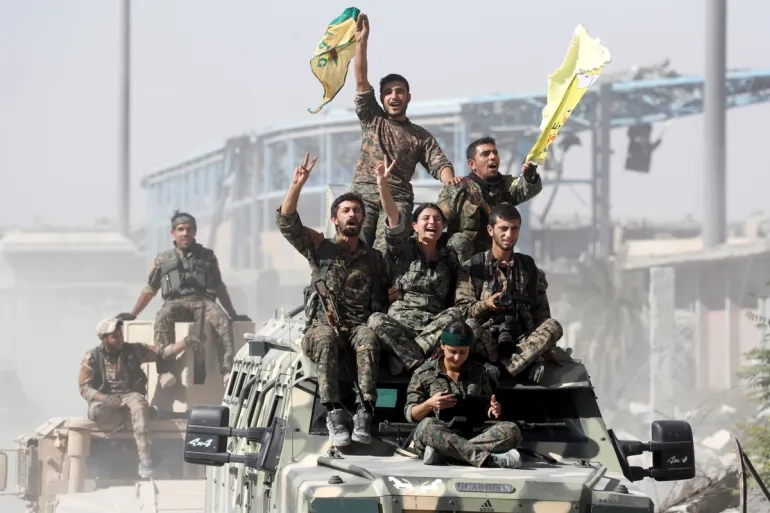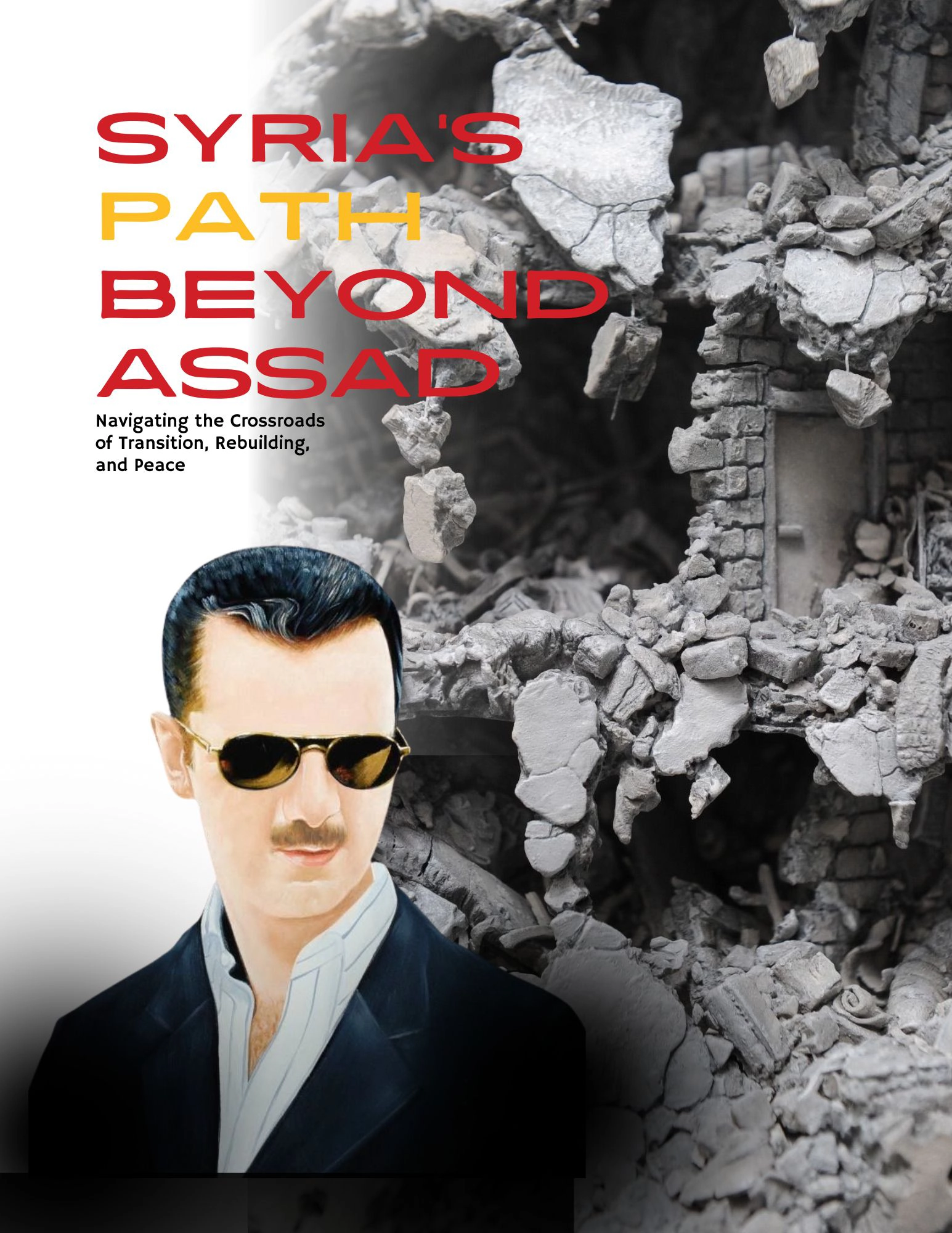With the fall of Bashar al-Assad’s regime, Syria embarks on a new and uncertain chapter in its history. On December 7, 2024, Assad fled Damascus to Russia, marking the end of his family’s 50-year rule, characterized by widespread repression, human rights abuses, and a devastating civil war. After over a decade of conflict, the collapse of Assad’s rule marks both an opportunity and a significant challenge for the war-torn nation. The stakes are monumental—not only for Syrians but for a region that has long been embroiled in geopolitical rivalries and conflicts.Transitioning Through a Power Vacuum
The aftermath of Assad’s fall leaves Syria vulnerable to a dangerous power vacuum. Various factions—political entities, armed militias, and international players—vie for dominance, raising concerns about further fragmentation. Forming a cohesive transitional government remains a daunting task in a nation scarred by division and distrust.Is it a Democratic Opening
Many Syrians hope that Assad’s departure will pave the way for a democratic revival. However, establishing a democratic framework in a state fractured by autocracy, war, and sectarianism is fraught with challenges. Critical questions loom: Can fair elections be conducted in such a volatile environment? How will minority rights be safeguarded? And will international stakeholders provide the support needed to avoid a relapse into authoritarianism?Geopolitical Stakes & Proxy Dynamics
Syria’s strategic significance ensures that its fate will not be determined in isolation. Regional players like Türkiye, Saudi Arabia, and Iran, along with global powers such as the United States and Russia, are expected to shape the post-Assad landscape. Competing interests risk turning Syria into a battleground for prolonged proxy conflicts. Mr. Ali Mir, Islamabad based Analyst for Peace & Conflict Studies, observes, “The dynamics between Türkiye, Saudi Arabia, and Iran will dictate the possibility of peace. The alignment of these powers is critical, as their competing agendas have the potential to destabilize the fragile state further. Global powers, particularly the U.S. and its allies, continue to leverage their narratives and alliances, influencing the region’s power balance. Without unified efforts among Muslim-majority states, Syria’s recovery risks becoming a pawn in global geopolitical games.”
HTS Leadership Role
Hay’at Tahrir al-Sham (HTS), a Sunni militia with a controversial past, emerged as a dominant force in the rebellion. Its leader, Ahmed al-Sharaa (formerly known as Abu Mohammed al-Jolani), has distanced the group from its earlier ties to Al Qaeda and ISIS. HTS’s ascent brings both hope and apprehension. While Sharaa promises not to repeat past mistakes, his group’s Islamist roots raise concerns among international powers wary of extremist governance. The U.S. still classifies HTS as a terrorist organization, complicating global recognition of Syria’s transition.

Isreal Involvement
Israel seized 150 square miles of the Golan Heights during the chaos, asserting its security concerns. The Golan, a long-disputed area, is strategically critical for Israel, which also launched hundreds of airstrikes targeting Syrian military assets. Israeli Prime Minister Benjamin Netanyahu justified these actions as necessary to secure the nation amidst regional upheaval. This move underscores Israel’s willingness to act unilaterally to protect its interests, further complicating the region’s dynamics.Healing a Fractured Nation
The end of Assad’s regime does not erase the profound social and economic scars left by years of conflict. Ethnic and sectarian rifts demand a robust mechanism for transitional justice—one that balances accountability with reconciliation. Simultaneously, decades of economic mismanagement and war necessitate significant international investment in rebuilding Syria’s infrastructure and institutions.
Millions of displaced Syrians represent another pressing issue. Their safe and voluntary return hinges on creating secure living conditions, access to basic services, and viable economic opportunities—tasks that will require years of effort and significant international cooperation.Guarding Against Extremism
The power vacuum left by Assad’s fall could be exploited by extremist groups, as has happened in other post-conflict scenarios. Ensuring that Syria does not once again become a haven for groups like ISIS or al-Qaeda will require robust international engagement, coupled with strengthened local governance.Toward Lasting Peace
The road to sustainable peace will be long and fraught with challenges. “Regional and global cooperation is paramount. The United Nations must lead efforts to establish an inclusive interim government, facilitate free elections, and ensure ongoing humanitarian aid. Only through a coll-ective commitment can Syria transition to stability and prosperity”, says Mr. Ali.
The fall of Assad is not the end of Syria’s struggle—it is the beginning of a new phase. Syrians now face the monumental task of rebuilding their nation, healing deep-seated wounds, and charting a path toward a peaceful, unified future. The international community must rise to the occasion to support this critical journey.







